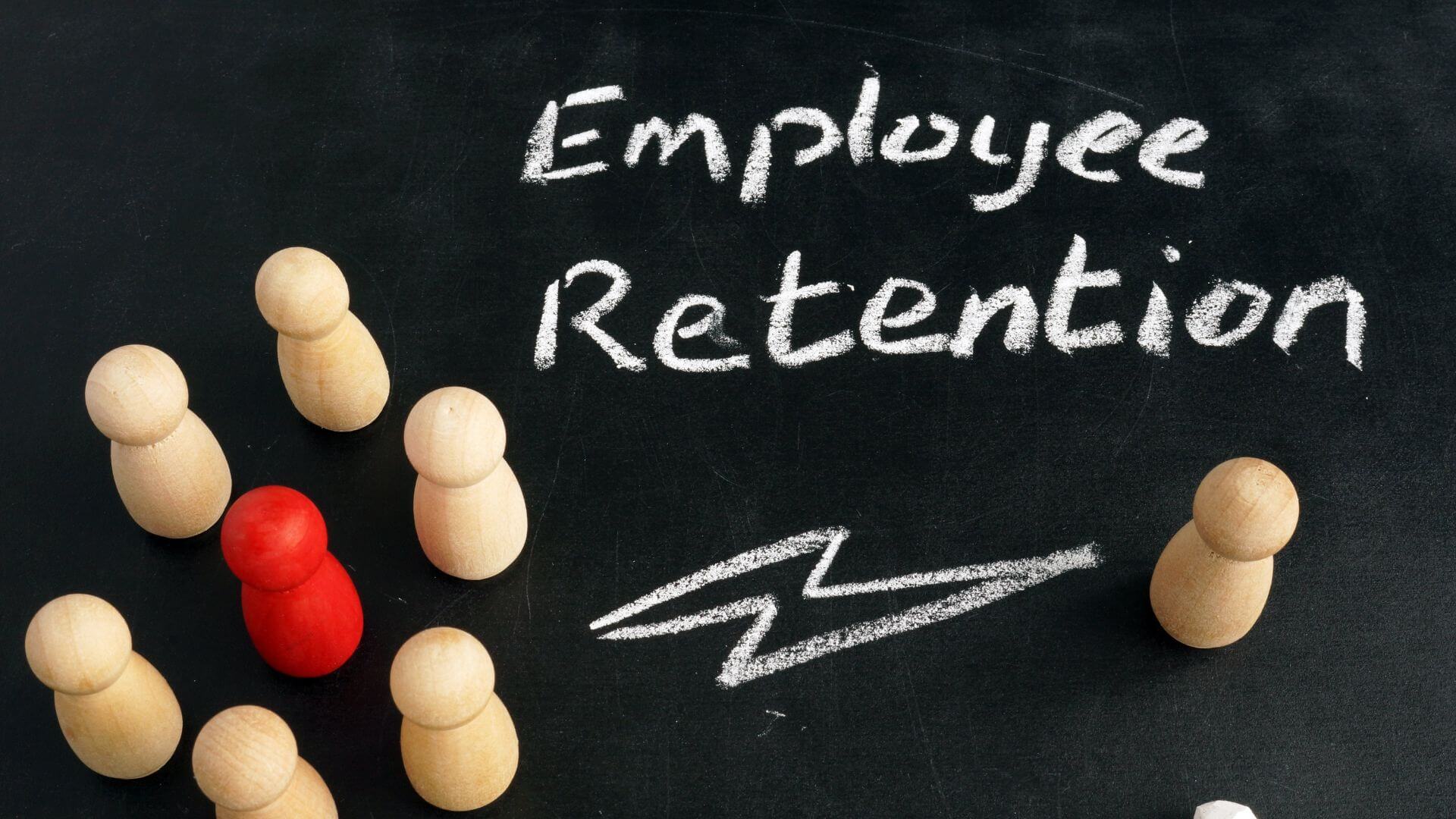Why Is Hiring For Cultural Fit Important In The Workplace?
22 Jul, 20245 minutesIn today's competitive job market, finding candidates with the right skills and qualif...

In today's competitive job market, finding candidates with the right skills and qualifications is crucial for business success.
However, focusing solely on technical abilities may not guarantee long-term success. Companies are now recognizing the importance of hiring for cultural fit in the workplace.
Searching for candidates with the ideal mix of qualities, including a solid education, relevant work experience, and the appropriate technical skill sets and expertise, is a crucial component of an efficient hiring strategy. Another factor to consider is culture fit, which is equally vital, if not more so.
Cultural fit goes beyond just matching skills; hiring for culture fit is about bringing employees into the mix whose beliefs, behaviors, and values align with those of your organization. This is not the same as hiring people who merely share similar backgrounds and experiences. It’s essential to include diversity while hiring for culture fit because different perspectives and experiences will help your company improve and scale.
Finding someone who shares the same outlook and attitude as his or her possible co-workers is a key component of determining whether a candidate is a good cultural match while conducting an interview.
Why Does Company Culture Matter?
Establishing a solid culture that you can promote to candidates right away provides potential employees with an idea of what it's like to work for your company. Before wasting any more of either party's time, they can search elsewhere if they don't think they would perform well in that environment.
An applicant who isn't a good fit might end up going through the full process and being hired if your hiring procedure doesn't take your culture into consideration, simply because neither party was aware of the mismatch. A strong business culture that can be effectively articulated to candidates should be an essential component of your hiring strategy given the high cost of staff turnover. Your company culture not only aids in bringing in new talent but also aids in keeping the talent you already have happy and working for you rather than leaving for the competition. One of the primary causes of job satisfaction and employee engagement is a happy, healthy workplace, which is why your hiring strategy should include a focus on cultural fit.
The best talent may be attracted by fantastic salaries and benefits, but it takes much more to keep them for the long run. Your staff members will be more devoted and enthusiastic about supporting the accomplishment of your corporate objectives when they perceive that they matter to you and are genuinely invested in your company.
Why Culture Fit Should Be Included in Your Hiring Strategy
Here are some of the most important reasons your company can benefit from emphasizing culture fit in your hiring approach.
Increased Employee Satisfaction
- Employee happiness increases productivity, engagement, and drive for achievement. That's a critical combination in any industry, where employees are entrusted with your company's health. In an ideal world, who wouldn't want to enjoy going to work every day?
High-Level Performance
- Workers are eager to take on new challenges and responsibilities when they feel like they belong. Their willingness to go above and above helps the entire team. The result? High-level performance from your employees.
Decreased Turnover
- Employee turnover is expensive. People remain in positions they enjoy. Happy workers are 12 percent more productive at work and have a stronger sense of ownership over the long-term success of the business. They want to remain and continue to fulfill their roles.
Lower Stress Levels
- Lack of a cultural fit for a job is a major contributor to workplace stress, which can be reduced by aligning the values of the organization with the employees. Stress can damage relationships between coworkers and prevents employees from performing their jobs effectively. Be aware of how new recruits will affect (and be affected by) existing dynamics because cohesive teams produce more.
Employee Loyalty
- Everyday participation at work shouldn't make employees dread it. Employees identify with the company's success and contribute to the broader purpose and goals of the firm if they perceive themselves as valuable team members. If they feel accountable to both their company and their coworkers, they are less likely to leave. Excellent hires infuse their teams with fresh energy, inspiring creativity and innovation and igniting motivation.
The Wrong Cultural Fit in the Workplace is Bad for Business
Customer care suffers when you hire someone who doesn't fit your culture; this effect extends beyond management and other employees. An entire office's morale can be negatively impacted by one employee, which increases the risk of poor performance.
Maintaining the good name of your business depends on hiring for cultural fit. Dissatisfied cultural fits frequently become disengaged at work. You can save money in the long run by weeding out candidates who don't fit your culture throughout the recruitment process.
The culture and objectives of your organization cannot be taught to someone. However, you may ensure the success of your company and the pillar of your fundamental values by hiring the best applicant.
It is obvious that finding the correct cultural fit for your company can have a good influence in a variety of ways.
How To Hire For Culture Fit
After learning how crucial company culture is and how a poor match can damage your entire organization, you may be asking yourself, "How can I prevent these issues? How am I meant to determine whether a candidate will fit into my culture before they have even started working for me?
There are a few things you may do to gain some understanding before making a further investment, even if there is no perfect way to ascertain a candidate's genuine attitude and personality before you contact them on a daily basis. Although it's not impossible, it does require a little more time and money upfront, but in the long term, it will be well worth it. Pay attention to these pointers while hiring for culture fit:
Clearly Define your Company Culture and Values
Clearly defining your vision and values is the first step in making sure a prospective hire is compatible with your company culture. Obtain buy-in from the entire organization and document your corporate culture in your employee handbook so that it is constantly accessible.
Reference your Company Culture and Values in the Job Description
Make sure your job postings mention your culture and utilize language consistent with company values right from the start. Candidates should know after reading your job description whether they would fit in with your workplace and should apply or not.
During the interview process, talk about these principles and what it really means to be a member of your company's culture.
Be open and honest about the environment that exists at work every day. Inform potential hires about any cultural efforts your team members can take part in and how they help to create a positive, healthy work environment. Examples include a business wellness program or regular social outings.
Ask Culture Fit Interview Questions
To find out if their responses are consistent with your values, ask candidates "How would you manage yourself if presented with XYZ ethical challenge" or "How would you treat a fellow employee in XYZ situation" during interviews in order to identify if their mindset would align with the businesses.
Get to know Potential Candidates on a More Personal Level
In a formal interview situation, it might be challenging to evaluate someone's personality and moral character. Before spending money on hiring a top prospect, take them out for lunch, coffee, or to a company-wide social function to evaluate how they get along with other team members.
Focus on Company Culture During Onboarding
While onboarding should go over processes and daily job duties, it is also the perfect opportunity to discuss your corporate culture. Don't assume that your new hires are aware of your company's principles or how you expect them to conduct themselves and treat others; instead, be sure to clarify everything to them before they begin working in their new position.
Check-in with New Hires
To make sure your new hires feel like they are integrating into your culture and are at ease in your workplace environment, check in with them at the end of their first day, week, and month. If there is an issue, it may ideally be dealt with immediately this way rather than escalating or spreading.
An important factor in determining a company's success is its culture. It is essential for enhancing productivity, performance, and employee engagement. Employees that feel more a part of their workplace are happier, have higher levels of job satisfaction, are more devoted, work more, and are more likely to stick with their organization. Cultural compatibility is crucial for this reason.
If you're looking for a new opportunity within a company that values the importance of a positive work culture, or are looking for the perfect candidate that suits your workplace, we have a dedicated team who are on hand to find you the perfect role to fit your requirements and desired work environment. Contact us today to speak to one of our team today.







